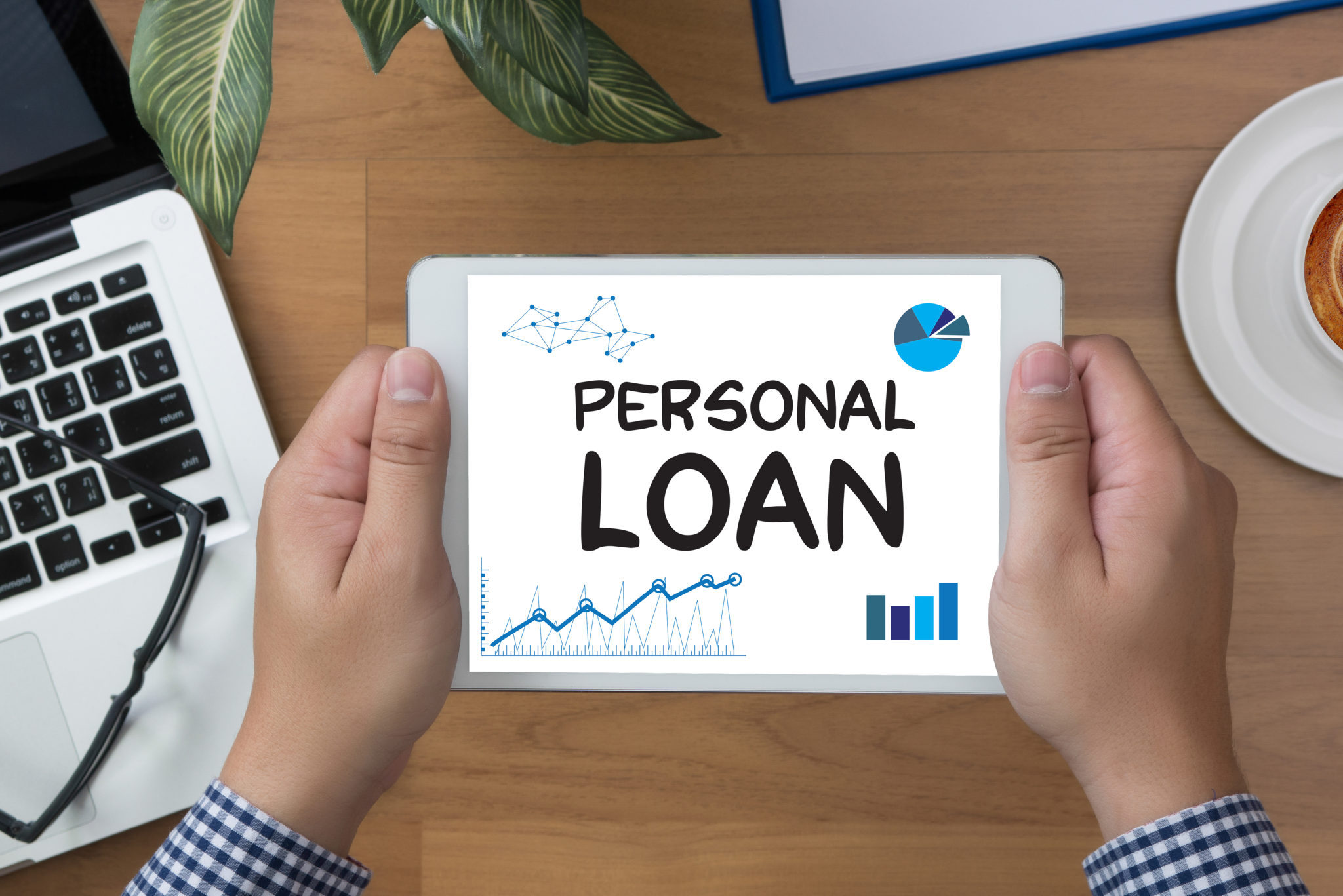Personal loans are an effective way to consolidate debt, pay off high-interest credit cards, or buy a large item like a new kitchen range. However, with so many different types of personal loans on the market, it can be hard to know which loan is right for you.
In this guide, we’ll go over a few things that you should be aware of so that you can secure the best personal loan for your unique situation.
Get Pre-Approved Before Applying For A Loan
Pre-approval is the first step to obtaining a personal loan. A lender will review your credit history, salary, and other factors to determine whether you are eligible for a loan. If you have been pre-approved, then it’s more likely that you’ll be approved when applying with that lender.
The approval process can take anywhere from 30 seconds to several days, depending on the bank or credit union in question; however, once approved, it typically takes just minutes for the funds to reach your account as long as everything checks out within their qualification criteria.
Pre-approval also means that if something happens during the application process, for example, if you need documentation from your employer or landlord regarding income verification, you can provide this documentation without having to wait for approval before submitting an application with the bank or credit union.
This saves you time and money because even though the bank may be willing to make an exception if something comes up later on in their investigation process, there’s usually some sort of a fee associated with doing so.
Know Your Personal Credit Score Before Applying For A Loan
Credit scores are numbers that represent how likely you are to repay a loan. They range from 300 to 850, with higher scores being better. Your credit score is based on several factors, including your payment history, the amount you owe, and the length of your credit history.
If you have a low score (under 600), it can be hard to get approved for loans or other types of financing. Likewise, with a higher score, you’ll have better odds of securing a loan, and you’ll also enjoy better interest rates.
Therefore, before applying for a personal loan, you should find out what your credit score is. When you know your credit score, you’ll be able to apply for loans that you’re likely to be approved for, which will decrease the odds of your application being denied and improve the likelihood that you’ll get a good interest rate.
Take Advantage Of Online Tools To Find The Best Loan Offers
To help you find the best personal loan for you, there are a few useful online tools that you may want to consider. For example, a loan calculator. Let’s say that you’re looking for a $20,000 personal loan with an interest rate of 8%. A good personal loan calculator can show you what your payments will be and how much interest the lender would charge over the life of that loan.
Another great tool to use is a comparison tool. This type of tool will allow you to compare different lenders based on their rates, terms, and fees, among other things, and then provide you with personalized recommendations based on those comparisons.
Conclusion
The world of personal loans can seem a bit daunting at first, but with the right research and strategy, you’ll be able to find the best option for your needs. Whether you’re looking to consolidate debt or pay off high-interest credit cards, there are many options available that will allow you to do so. Just make sure that you understand what each loan entails before applying for one and try negotiating with lenders in order to get the best possible terms and interest rate!
[offerpromo]











